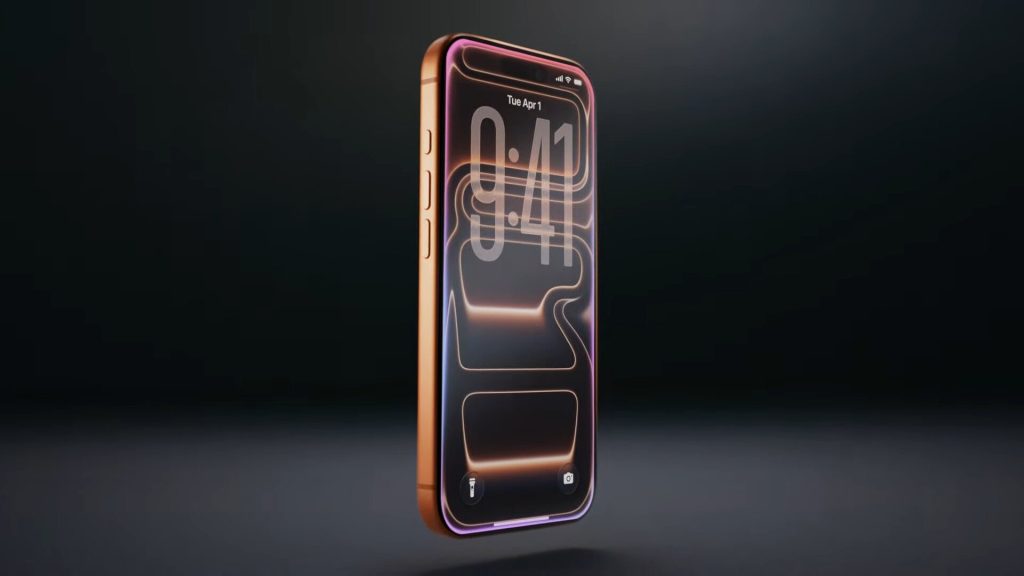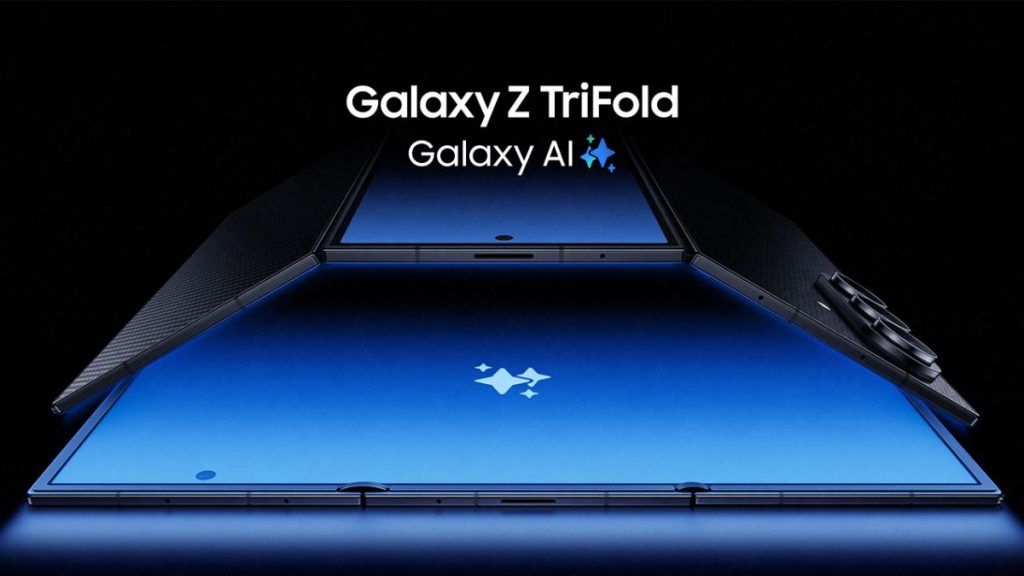At Fizz, we know that technology is evolving at an amazing speed. With all the attention focused on 5G, one can only wonder whether they need this new technology or if it’s just FOMO, the famous Fear Of Missing Out. To help you decide which one is the best choice for you, here are the key differences between 4G and 5G .
Let’s start by understanding 4G.
Currently, the 4G network also called the LTE-A (Long Term Evolution Advanced) network, allow users to enjoy ultra-fast speeds of up to 300 Mbps to watch their favorite videos in high definition without any interruptions, extensive coverage to keep them connected no matter where they are in Canada, as well as crisp and clear video calls.

The 5G difference for the average user.
5G is the fifth generation of the mobile communications network. It follows on from 4G, the fourth generation, which is currently the most widespread network in the West.
While 5G is set to replace 4G in the future, 5G technology has very little impact for now on the current uses. Indeed, 5G is being introduced to meet future needs, since today there is no application that requires 5G to operate at full speed. When fully deployed, 5G will enable users to enjoy a faster connection, better download speeds and a network that enables many more connections.
These benefits, however, are not noticeable for the day-to-day activities of the majority of users. This is partly because the network is still being built out, and because there are currently very few applications designed to exploit 5G. Waze, a GPS application for example, is built for 4G.
For calls, texting, web browsing, video streaming or even video calls, 4G is more than sufficient. Incidentally, calls use 4G with Voice over LTE (VoLTE) because 5G calling technology is not even yet deployed in Canada.
Network coverage areas.
Since 5G is still being rolled out in Canada, this means that while some areas already benefit from this technology, its coverage is not yet as extensive as that of 4G.
Currently, 5G is mainly present in major urban centers, where population density is higher.

So 4G technology is still very relevant, since it offers greater coverage in Canada. If you live in a region where 5G is not yet deployed, a 4G plan will be perfect for you.
How to access the networks.
Since the 4G network is well established in Canada, most devices can connect to it without any problem, unless you’re using an obsolete phone model. When it comes to 5G, you’ll need a device that is compatible with this new technology. The latest models from the major manufacturers are 5G-compatible.
In addition to the device, you also need to choose a 5G-compatible plan. And since this is a new feature available from certain providers only, these plans are sometimes offered at an extra cost.
Is 5G worth it?
That’s the question we’re all asking ourselves. The answer varies from person to person. If you live in a major city where 5G is available, are eager to try out this new technology, use many speed-hungry services and have a compatible device, 5G could be for you. However, if you use your device primarily to browse social media, check the news, send
text messages, make calls, your mobile speed needs and consumption are more modest and you are happy with your current service, your device and the flexibility it gives you, 5G may not be worth your while for now.
While it does look attractive, 5G still remains niche for consumers’ everyday needs. The 4G network on the other hand, continues to offer everything you need to stay connected, productive and entertained.






